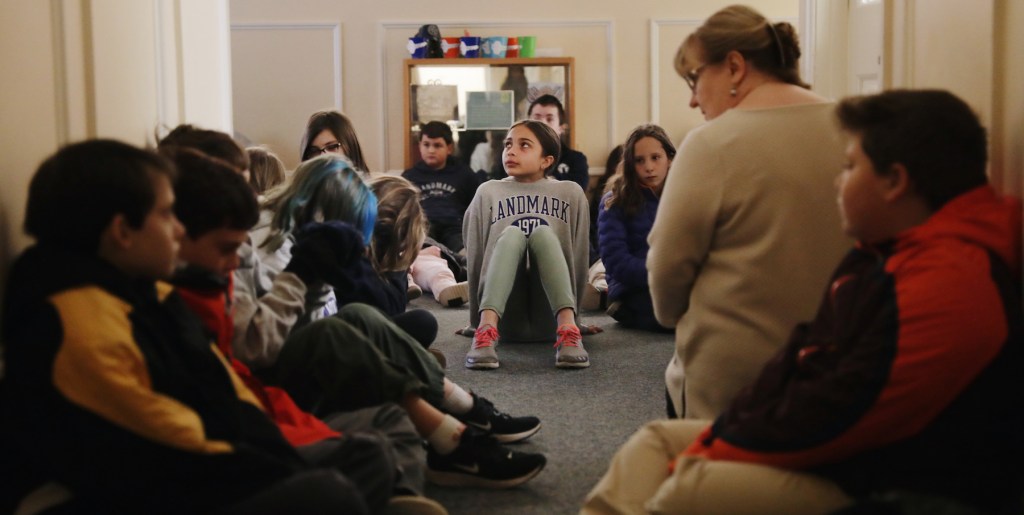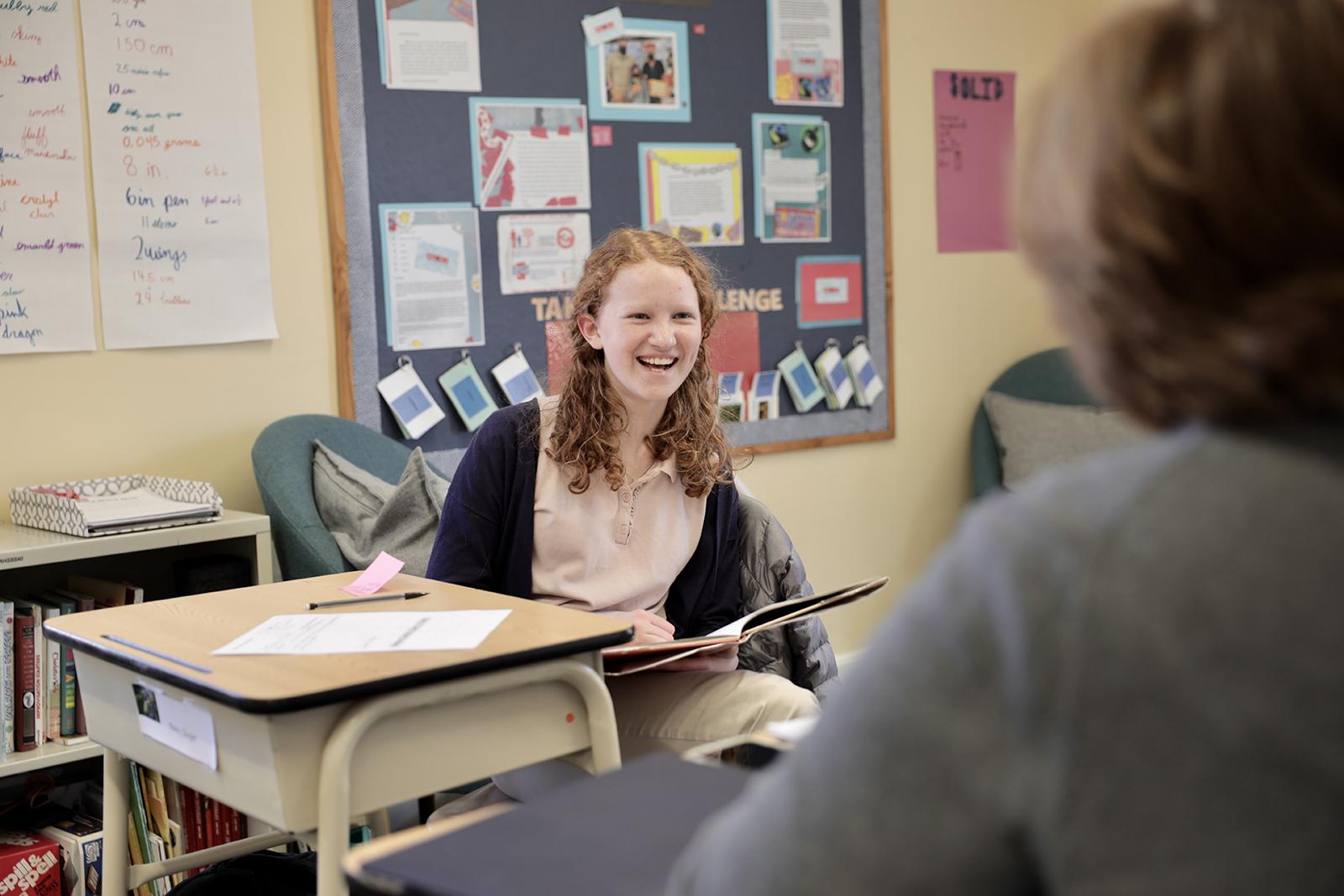- Our School
- Our Advantage
- Admission
- Elementary•Middle School
- High School
- Summer
- Giving
- Parent Resources
- For Educators
- Alumni
Page 7 of 18
Landmark 360 Blog
Practical, informative resources, tips, tools, and strategies for parents of children with learning disabilities written by experts in the fields of Learning, Learning Disabilities, Social & Emotional Topics, College Prep, and Teaching.
Landmark Student Turns Hobby into a Career
May 4th, 2021
Ambitious, confident, creative, determined, talented. These adjectives perfectly describe Matthew “Matty” Kaminsky ‘21. Although he’s only a senior in high school, Matty is an accomplished photographer with an impressive résumé—and a roadmap for his future.Matty began dabbling in photogr... Posted in: Learning
Posted in: LearningParenting During a Pandemic
December 16th, 2020
By Elizabeth Englander, PhD As if you didn’t have enough to worry about. Parents today have more than enough on their plates. We’re coping both with keeping our families safe during an unprecedented (and frankly scary) epidemic, as well as dealing with a recession during which ... Posted in: Social and Emotional Issues
Posted in: Social and Emotional IssuesDear Teaching
December 9th, 2020
Dear Teaching, This year has been a tough one for us. Our relationship has been through so much over the past 12 months. We’ve been forced to change our ways, go long distance, and test our commitment to each other like never before. Yet despite all that, my love for you remai... Posted in: Teaching
Posted in: TeachingFutures Reinvented
November 23rd, 2020
By Susan TomasesThe pandemic has thrown much into question, not the least of which is the value of a four-year higher education experience with a questionable future of gainful employment or the funds to pay back six-figure loans. There are an abundance of gap-year programs these days, but COVID-19 ... Posted in: Learning
Posted in: LearningOpenness to Learn Cultivates a Sense of Optimism
October 20th, 2020
A Black High School Student’s Experience on a Predominantly White Campus By Aliyah Knudsen When I was a freshman, I went to St Mary’s High School in Lynn, Mass. It’s a brick building that looks like a prison, but not in a bad way. A lot of the students are children of immigra... Posted in: Social and Emotional Issues
Posted in: Social and Emotional IssuesBlack Lives Matter and Blue Lives Matter Explained
September 14th, 2020
By Ariel Martin-ConeMembers of the Landmark High School administration crafted a thoughtful and meaningful explanation of the Black Lives Matter and Blue Lives Matter movements for the student body. The article provides clarifying examples that will help students understand the intricacies of the m... Posted in: Social and Emotional Issues
Posted in: Social and Emotional IssuesStudents Embrace the Sounds of Silence
September 13th, 2020
This is the second post in a five-part series about students, stress, and anxiety. The first article is an overview of anxiety, the third discusses how a student learned to manage her anxiety, the fourth explores how mindfulness can reduce anxiety, and the fifth covers the relationship bet... Posted in: Social and Emotional Issues
Posted in: Social and Emotional IssuesLessons Learned from Remote Learning: Tips for Parents
September 2nd, 2020
By Stacey Sargent and Robert KahnMid-March of 2020 thrust all of us into a brave new world, and parents, students, educators, and administrators worked hard to bring their expertise and experience along for the ride! Ultimately, June arrived and curriculum, teaching strategies, and personnel had b... Posted in: Learning
Posted in: LearningHomeschooling During an Uncertain Time
August 26th, 2020
By Beth Swan Many parents are struggling with stress and anxiety amid the historic COVID-19 pandemic era as home education has been thrust upon them, forcing many to take career-altering steps back and drastically change their routines. Focus on Connection For homeschoolers, the change was ... Posted in: Learning
Posted in: LearningBecoming Your Child’s Learning Coach
August 12th, 2020
“Homework sucks!”I am sure you have heard this before. So have I. I have heard it from students who would like to be doing anything other than more schoolwork. And I have heard it from parents who feel that homework is driving a wedge between them and their children. I hope to help you develop s... Posted in: Learning
Posted in: Learning
Recent Articles
Email Signup
Page 7 of 18








.jpg?v=1652115432307)















